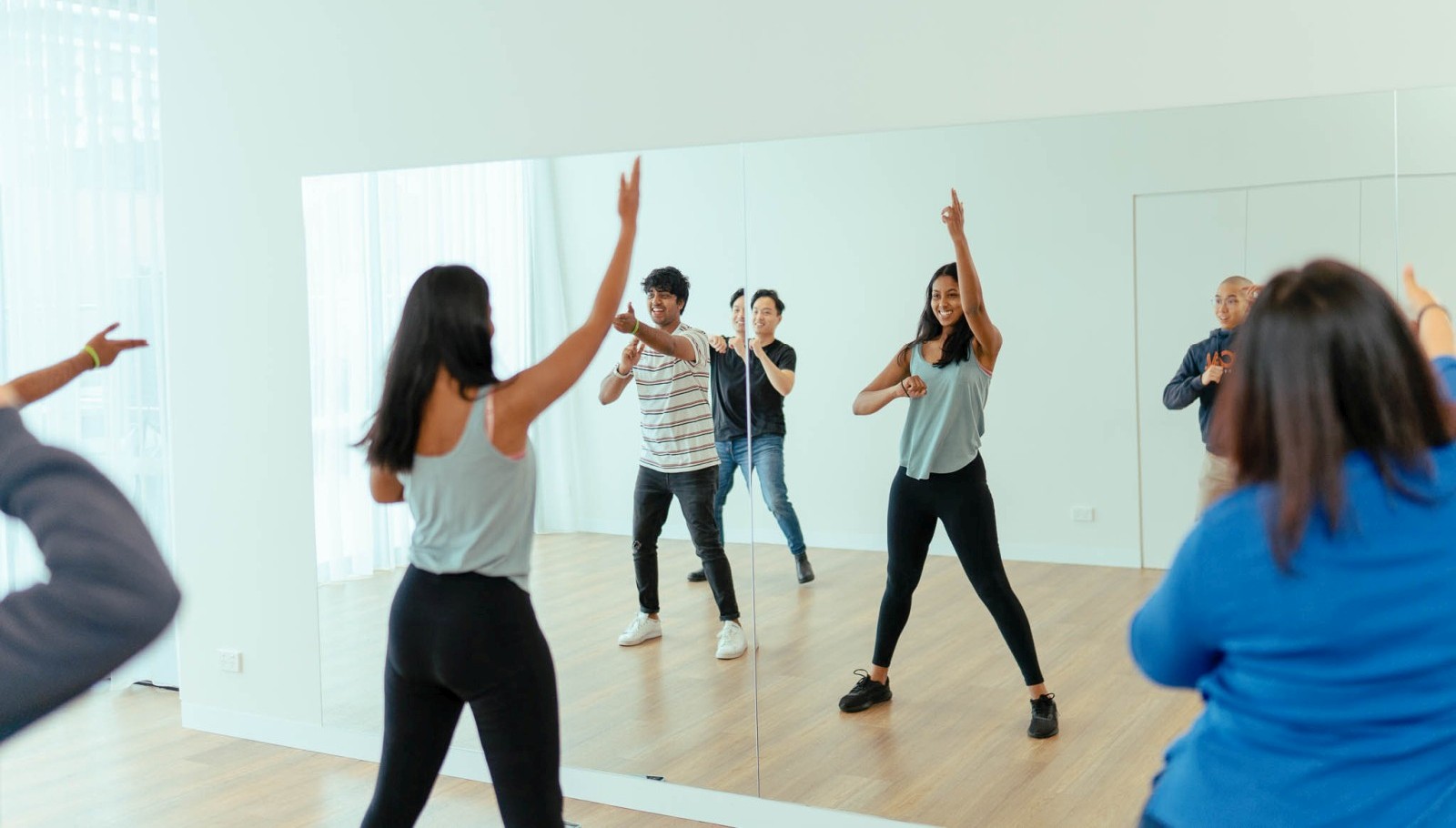Personal wellbeing and healthcare
Personal wellbeing
Follow our tips and resources to help you.
Ways to try and connect
To get the most out of your studies abroad and to keep track of your wellbeing, stay connected. Particularly, if you are studying online, try and stay connected with your institution as much as possible.
- Orientation Day- Find out when your orientation week is and attend events and join any interesting clubs and activities.
- Volunteering
- Joining a sport
- Networking events
- Online Facebook groups or connect through LinkedIn
- Join a Toastmasters or Rostram group
Wellbeing
A big part of staying healthy during your studies is leading a balanced lifestyle with plenty of exercise as well as eating a healthy diet. In Tasmania, we have the advantage of a superb natural environment to exercise, healthy local food of exceptional quality as well as breathing some of the cleanest air in the world.
Medical assistance and health insurance
If you need medical assistance, high quality health services are available across Tasmania. As part of student visa requirements in Australia, you must have health insurance cover for the entire length of your enrolment. Your education provider will discuss this with you and your options when you enrol, as well as the many specific health and mental health services they provide.
When going to a doctor
When making an appointment, let the doctor know that you are an international student to get the best rate possible.
Mental wellbeing
We understand that study can be a stressful time and in Tasmania there are many services to help address any mental health challenges. Speak to your education provider when you arrive for information on their specific health and mental health services available. Some of Australia’s national mental health services with 24-hour free hotlines are:
Call 13 11 14 to access crisis support
Call 1300 22 4636 to speak to someone about anxiety, depression and suicide.
Physical wellbeing
Ensure you get enough exercise. Sports and physical activities can be a great way to meet new friends and a great way to reduce stress. Talk to your institution about sport and club options.
Healthy eating
We know that as a student you will be on a tight budget. Eating can be cheaper at home if you do a little bit of meal prep. To keep costs low, buy fruit and vegetables that are in season. Tinned and frozen produce can also be a great alternative and won’t perish as quickly.
You could cook food in bulk and refrigerate/freeze it. This way it will last you a few days, and you won’t need to think about it when you are working on getting your assignment in.
Have a look here for Australia’s national healthy eating guidelines.
Keeping safe
Tasmanian cities have a high level of personal safety. Tasmania has three cities – Hobart, Launceston and Burnie – all ranked in Australia’s top six safest cities, with Hobart being ranked the safest of Australia’s capital cities!
Despite our incredibly safe and welcoming communities, it is important to take care and look after yourself.
In an emergency
In an emergency, dial 000 (it is a free call) to contact the police, fire brigade or ambulance.
Top tips from Tasmanian police
Here are some top tips by Tasmanian Police to have the safest stay possible in Tasmania:
Tourist Tips from Tasmania Police.
What to do if you are feeling homesick?
It is normal as an international student that you will feel homesick from time to time.. You may feel anxious, sad and unmotivated.
Here are some tips to help:
- Remind yourself of what an amazing achievement you have done so far - living in a new country is huge and you’re doing it.
- Set up a regular check-in with your friends and family back home.
- Connect with students that also speak your language.
- Reach out and talk to people you trust about the way you are feeling.
- Try and eat, exercise and sleep – this can really impact your mental health.
- Make yourself a dish from your culture, you could even share this with a group of new friends.
- Keep a routine. Sometimes, a way to reduce your stress is to keep a routine until you know there is a constant.
- Don’t be too hard on yourself. Try and do some relaxing activities - read a book, watch and movie, listen to podcasts- it is all about balance.
- If these feelings don’t go away, then reach out to the mental health services provided by your institutions. Or the mental health services here. These services are trustworthy, confidential, non-judgemental and work to offer you the best support and solutions.

